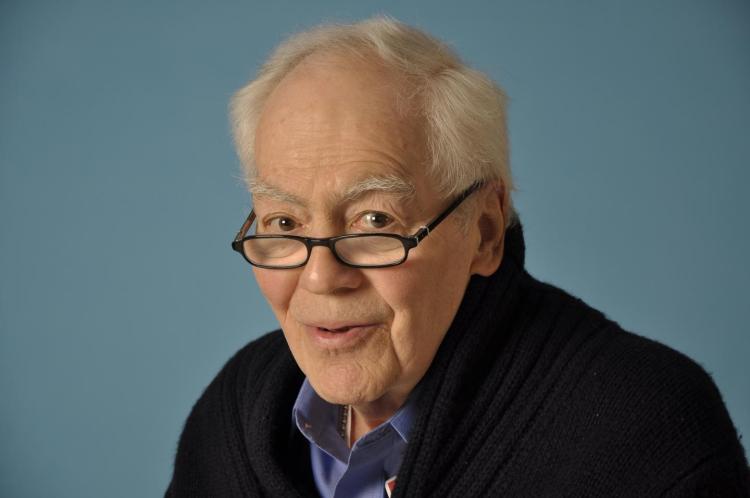Jimmy Breslin, author, biographer, and columnist, was confirmed deceased by his wife Ronnie early on Sunday.
Winner of the 1986 Pulitzer Prize for Commentary, Breslin had commented to be inspired and motivated by aversion, being the only quality that had kept him focused on writing for newspapers about himself and anybody that he had studied in the past. He liked to upset readers and cause an impression, going after viewpoints that are usually left out of context by the mass media.

Not a journalist, he said, but a man just like any other
Jimmy Breslin started his career as a columnist for the Long Island Press, attributing his words to politicians and ordinary people he met in his daily life. He then became a columnist for Newsday, the New York Herald Tribune, and the Daily News.
Breslin was quoted saying that media was “the plural of mediocrity,” as he constantly criticized how public news are tied in hand with national interest. It was Breslin who compared public interest, such as television news, to a chain of hamburger stands. He claimed to have never understood why people can get into an argument about which chain is better when in the end, all become consumers of a biased product that’s never good for them.

On politics, Breslin argued that politics was no more than a bunch of “fat, bald, disagreeable men” who trained a single one of them to act on a public stage and be elected president.
One of his most iconic columns was the one published after Kennedy was buried, as he focused on the gravedigger, Breslin being a man who liked to write about common people and about how significant events affected their lives in different ways.
In the column, Breslin talked about Clifton Pollard and how he prepared for his day as he dug a grave for John F. Kennedy. Pollard insisted on saying throughout the day that it was an honor to dig the grave, located at the bottom of the hill in front of the Custis-Lee Mansion. Pollard had served in Burma during World War II, being one of the last to serve Kennedy as he was the 35th President of the United States.
Breslin described the burial, with Jacqueline Kennedy holding her head up high as she followed a coffin covered with a flag. As she walked by, onlookers dropped their heads and covered their eyes. She was left as a lone mother of two children but never hesitated to show the strength that she and everyone in a similar position had to find within themselves.
On the column, it says that Pollard did not attend the funeral, but remained behind the hill, digging graves in another section of the cemetery. He did not know who the graves belonged to. Pollard tried to watch the presidential funeral but was turned back by a soldier.
“So I just stayed here and worked, sir. But I’ll get over there later a little bit. Just sort of look around and see how it is, you know. Like I told you, it’s an honor,” Pollard said, according to Breslin.
Source: The New York Times
